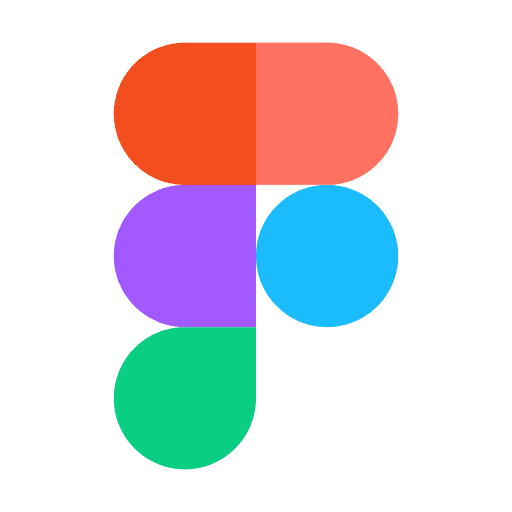Improving the CRM experience for medical agents through UX research and redesign.
My 1 Health is a healthcare facilitation platform connecting patients to trusted hospitals globally, serving both B2C and B2B markets. While the patient experience was streamlined, the referral partner (agent) portal needed significant improvement to support the platform's scaling ambitions. This case study documents a comprehensive UX research project that identified key pain points and delivered actionable solutions to enhance the B2B agent experience.
More about My 1 Health.
2018
Founded in
50,000
Patients served
387+
Wellness Partners
116B$
Tourism space
Role
UX-UI Designer
Time
Apr 2025 - Ongoing
Team
1 Lead, 4 Designers
Responsibilities
User research , Stakeholder and User interviews , Tool Mapping, Heuristic Evaluation
Tools Used
Figma
Askable
Figjam
Miro
The challenge
As My 1 Health grew, independent medical travel agents and smaller facilitation agencies expressed interest in using the platform but faced significant challenges with the existing system. The current CRM wasn't designed to support the complex, high-touch workflow that medical tourism requires.
who are the referral partners?
Traditional medical tourism service providers
Travel agents diversifying into healthcare/wellness services due to industry disruptions
These agents are responsible for helping patients choose hospitals, manage medical records, schedule appointments,
and provide ongoing support throughout treatment.
research objectives and goals
Primary Objectives
Understand the end-to-end agent workflow
Determine what tools and information agents need to better serve patients
Explore how agents interact with patients and the My 1 Health team
Identify pain points and inefficiencies in the B2B portal
Key Research Questions
How do agents currently manage their workflow?
What information do they need to build trust with patients?
Where are the biggest friction points in the current system?
How can we better support agents in different cultural and linguistic contexts?
JOURNEY MAPPING - BOOK A HEALTHCARE AND WELLNESS PACKAGE
Research Insights
Rigid and Overly Complex Booking Process
The current appointment booking flow is rigid and step-heavy, requiring agents to go back and forth across multiple screens. Every step is mandatory, even when it shouldn’t be, leaving little flexibility to make edits at different stages. This makes the process time-consuming and frustrating.
Excessive Manual Data Entry Causes Inefficiency
Agents spend a lot of time filling in patient details manually, even when documents like passports are uploaded. The system doesn't automatically extract or save relevant information, leading to repetitive work. Agents described the platform as not advanced or user-friendly due to this inefficiency.
Enhancing User Comfort Through Language Personalization
User interviews revealed that although the platform serves a global audience, it is only available in English. Offering multilingual support could provide a more personalized experience and make it easier for agents from different regions to navigate and use the platform effectively.
Set up Patient Feedback System and Use Social Proof for Trust
Patients often travel to unfamiliar countries for medical care and rely on agents to guide them. Agents share hospital options based on patient preferences, like destination, specialist type, and doctor gender, after consulting with My 1Health. While patients generally trust their agents, they still seek added assurance, especially when making decisions about serious treatments. Having feedback from past patients could help strengthen their confidence in the final recommendation.
Post-Treatment Hospital Feedback Can Support Agent Credibility
In some cases, agents are no longer involved once the patient arrives at the hospital. However, having visibility into how patients were treated, through reviews, outcomes, or experience data, can help agents build trust with future clients and strengthen their marketing efforts.
Limited Language Support in Marketing Materials
Agents promote My 1Health services using marketing materials from the website, but these materials are only available as JPEGs and exclusively in English, limiting accessibility for a diverse global user base.
The redesign reduces the user flow from about 10-11 screens to just 2 screens, offering greater control over appointment booking and package selection while providing clearer, more straightforward navigation.












